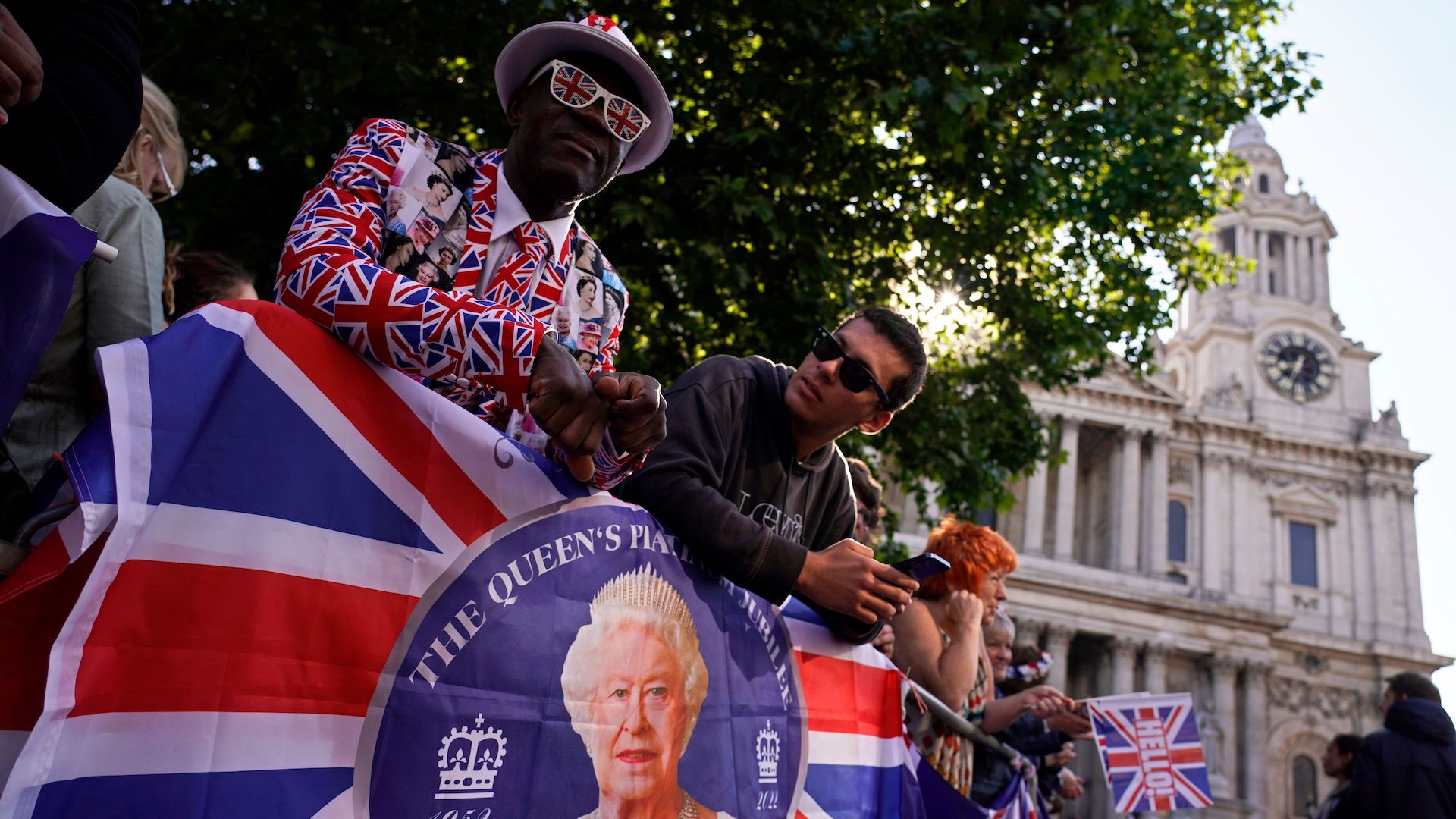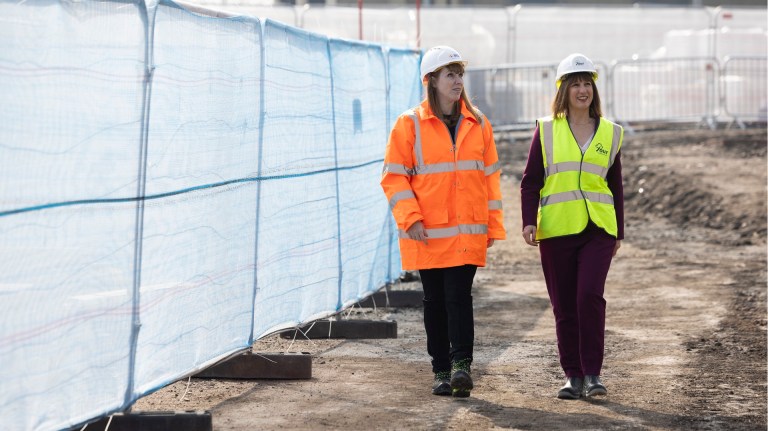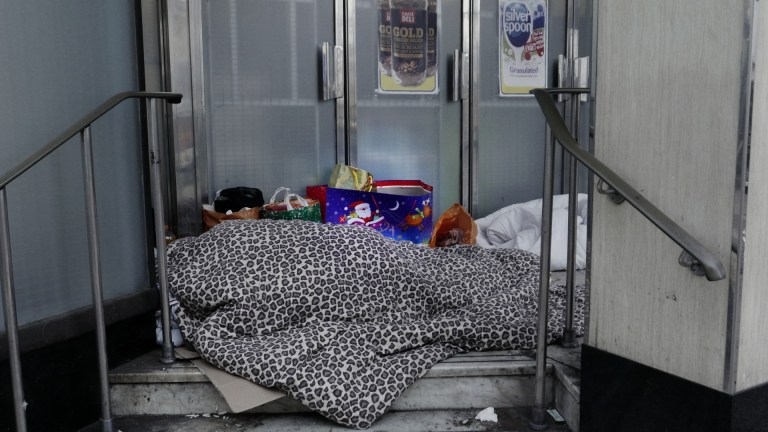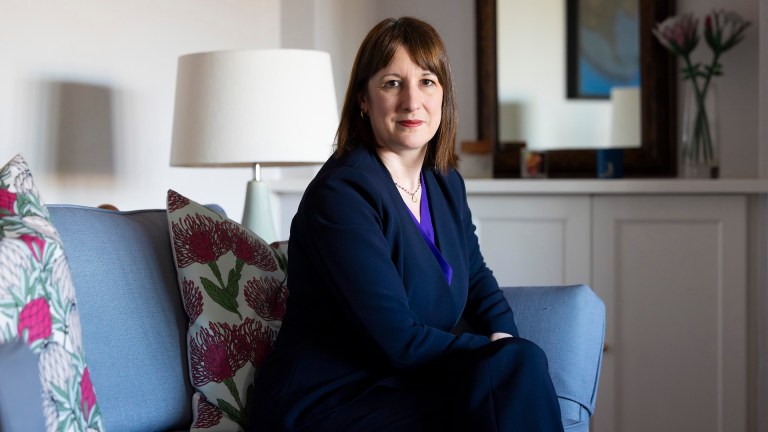In fact, 76 per cent of men and 84 per cent of women born in 1952 are still alive, according to the Institute for Fiscal Studies.
This isn’t the case for everyone though. New research from April 2022 found that life expectancy in the more deprived areas of England is actually falling, with people from rich areas expected to live almost 10 years longer than those in poorer areas.
Men are now expected to live to the age of 73.5 in poor areas, compared to 83.2 in rich areas. Women in England’s poorest areas are expected to live just past their 78th birthday, but past their 86th in rich areas.
Infant mortality has plummeted during the Queen’s reign. In 1950, 3.17 per cent of infants did not survive past their first birthday. By 2020, that had fallen to 0.4 per cent.
Income equality
Years of austerity, Brexit, the pandemic and war in Ukraine are squeezing incomes into a cost of living crisis, but the rich just keep getting richer.
This year’s Sunday Times Rich List shows that the 250 richest people in the UK have more wealth than the entire top 1,000 in the 2017 list. And, for the first time, it includes a frontline politician. Chancellor Rishi Sunak and his wife Akshata Murthy have a combined wealth of £730 million.
Advertising helps fund Big Issue’s mission to end poverty
But is this state of affairs worse or better than in 1952?
According to data from the World Inequality Database, the top 1 per cent of people in the UK earned almost 11 per cent of total income in 1952. That dropped significantly throughout the 20th century but now it’s back up at nearly 13 per cent.
Gender equality
Despite having a female head of state foThere are multiple ways: income and representation.
When Princess Elizabeth became Queen Elizabeth, men earned almost twice as much as women. In 1952, the average female worker earned £240 a year, while the average male worker earned £425 a year.
That’s £4,855 and £9,144 in today’s money, according to the Bank of England’s inflation calculator, and a gender pay gap of a whopping 47 per cent. These days things are a bit more balanced, if still not equal: the latest data from the ONS shows that the current gender pay gap is more like 7 per cent, although the economic impact of the pandemic was felt more keenly by women.
How about representation? in 1952, fewer than 5 per cent of MPs were women, according to the Institute for Government. These days it’s more like 35 per cent after the 2019 election brought 220 women to the House of Commons, the highest proportion in its centuries-long history.
Advertising helps fund Big Issue’s mission to end poverty
Housing
It’s a bit of a meme nowadays, but you really could pick up a house for next to nothing back in the day. The average price of a house in 1952 was £1,891, according to Nationwide.
In 2022? £260,771. Accounting for inflation, 1952’s house price would be about £57,000 in today’s money.
Of course, a large part of soaring house prices is a lack of supply. And looking back 70 years, the house building picture is largely the same. In 1952, just over 160,000 new houses were built – with the vast majority put up by local authorities.
In the year to June 2021, 183,450 houses were built, government statistics show.










